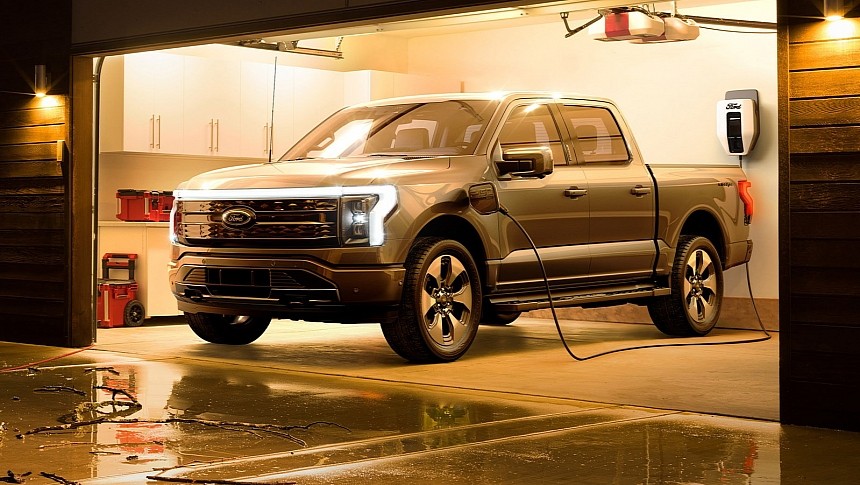Since the turn of the 21st century, perhaps no force in the world has been more influential in the global drive towards abandoning fossil fuel propulsion in our automobiles in favor of more sustainable all-electric propulsion than the state of California. The Golden State is routinely among the states offering the most handsome rebates for residents putting down money for electric vehicles. Historically, this is regardless of the level of income or the economic circumstances of the individual buyer.
But after a recent report from California state officials first reported by calmatters.org, the Clean Vehicle Rebate Project native to the state since 2010 will not be renewed when its state government-appointed budget runs out of liquidity sometime this year. When this day comes, and there's every reason to believe it will, California EV rebates will no longer apply to higher-income residents who likely wouldn't have any trouble acquiring a high-end electric car without a rebate in the first place. In the CVRP's place, a bespoke, novel state initiative will be implemented to facilitate EV ownership for lower-income Californians who could never hope to afford such a purchase independently.
Under the new plan, California residents who earn more than 300 percent above the federally recognized poverty line will no longer qualify for state EV rebates. For a single resident living alone in the state, this income level works out to roughly $43,740 after taxes. For families of four, this income level threshold works out to $90,000 after taxes. Of course, the system works on a sliding scale, which applies different income thresholds for varying family sizes are taken into account.
Under the current plan slated to end this year, solo EV buyers making up to $135,000 or $200,000 for joint tax filers would be eligible for a rebate. Under the new scheme, these California residents would be forced to go it alone, as if they were purchasing a standard gasoline-powered automobile. Depending on the specific level of income on a case-by-case basis, California's EV rebate could be as low as $2,000 and extend all the way to $7,500 for lower-income residents typically priced out of EV ownership due to the exponentially increasing costs for electric vehicles over the last few years.
In the name of not coming off as prejudiced or discriminatory, David Clergen of the California Air Resources Board released an official statement explaining the rationale behind the program. "The goal here is not to eliminate options for one group of motorists at the expense of another, but to assist those who’ve been unable to purchase a cleaner vehicle." There's no word yet on when the current program might run out of money or if those waiting in line after it dries up have any path of recompense.
Under the new plan, California residents who earn more than 300 percent above the federally recognized poverty line will no longer qualify for state EV rebates. For a single resident living alone in the state, this income level works out to roughly $43,740 after taxes. For families of four, this income level threshold works out to $90,000 after taxes. Of course, the system works on a sliding scale, which applies different income thresholds for varying family sizes are taken into account.
Under the current plan slated to end this year, solo EV buyers making up to $135,000 or $200,000 for joint tax filers would be eligible for a rebate. Under the new scheme, these California residents would be forced to go it alone, as if they were purchasing a standard gasoline-powered automobile. Depending on the specific level of income on a case-by-case basis, California's EV rebate could be as low as $2,000 and extend all the way to $7,500 for lower-income residents typically priced out of EV ownership due to the exponentially increasing costs for electric vehicles over the last few years.
In the name of not coming off as prejudiced or discriminatory, David Clergen of the California Air Resources Board released an official statement explaining the rationale behind the program. "The goal here is not to eliminate options for one group of motorists at the expense of another, but to assist those who’ve been unable to purchase a cleaner vehicle." There's no word yet on when the current program might run out of money or if those waiting in line after it dries up have any path of recompense.








